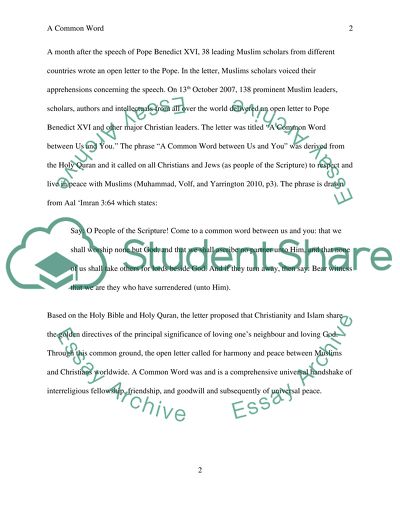Cite this document
(“How far does (A Common Word) mark a new beginning in Muslim attitudes Essay”, n.d.)
Retrieved from https://studentshare.org/religion-and-theology/1483290-how-far-does-a-common-word-mark-a-new-beginning-in
Retrieved from https://studentshare.org/religion-and-theology/1483290-how-far-does-a-common-word-mark-a-new-beginning-in
(How Far Does (A Common Word) Mark a New Beginning in Muslim Attitudes Essay)
https://studentshare.org/religion-and-theology/1483290-how-far-does-a-common-word-mark-a-new-beginning-in.
https://studentshare.org/religion-and-theology/1483290-how-far-does-a-common-word-mark-a-new-beginning-in.
“How Far Does (A Common Word) Mark a New Beginning in Muslim Attitudes Essay”, n.d. https://studentshare.org/religion-and-theology/1483290-how-far-does-a-common-word-mark-a-new-beginning-in.


